New York, MINA – Calls for reforming the international system dominated the 79th United Nations General Assembly, as world leaders and foreign ministers highlighted the inadequacies of global institutions in addressing the ongoing conflicts, humanitarian crises, and economic challenges, Anadolu Agency reports.
UN Secretary-General Antonio Guterres set the tone in his opening remarks, acknowledging that global inequalities are reflected in international institutions.
He pointed out that the UN Security Council was designed by the victors of the Second World War, when much of Africa was under colonial rule. Guterres stressed the need for African representation on the council, while recognizing the potential resistance from those with political and economic power.
Turkish President Recep Tayyip Erdogan echoed these sentiments, declaring that the UN has become increasingly dysfunctional and ineffective in fulfilling its founding mission. International peace and security are too important to be left to the whims of “five privileged countries,” Erdogan stated, reiterating his longstanding call that “the world is bigger than five.”
Also Read: Be Careful of the Trap of Deploying Peacekeeping Forces to Gaza
Turkish Foreign Minister Hakan Fidan also emphasized it in his speech at the Summit of the Future.
Brazilian President Lula da Silva highlighted the urgency of comprehensive reforms, stating that the current UN Charter fails to address some of humanity’s most pressing issues. He called for a thorough review and revision of the Charter, focusing on the General Assembly’s structure, working methods, and veto powers.
Indian Prime Minister Narendra Modi stressed that reform is “imperative” in global organizations like the UN. Humanity’s success lies not in the battlefield, but in its collective strength for global peace, Modi said.
South African President Cyril Ramaphosa described the Security Council’s current structure as “outdated and exclusionary,” demanding the inclusion of African nations and others in the council’s decision-making process.
Also Read: The Forty-Four-Days of Glory: Azerbaijan’s Struggle for Justice and Peace
Australian Foreign Minister Penny Wong emphasized that reform should address the needs of all countries, not just increase the power of a few.
New Zealand’s Permanent Representative to the UN, Carolyn Schwalger, expressed need for Security Council reform. (T/RE1/P2)
Mi’raj News Agency (MINA)
Also Read: Palestine Solidarity Month: A Collective Movement for Al-Aqsa and Palestine’s Freedom










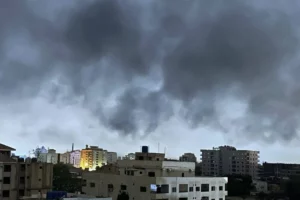




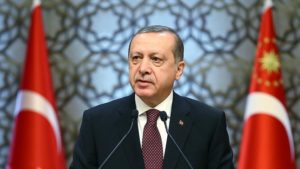

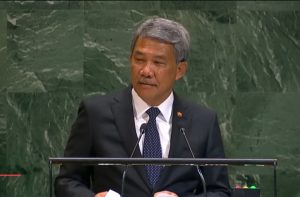
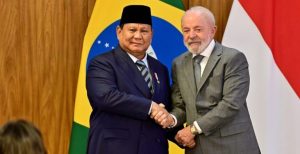
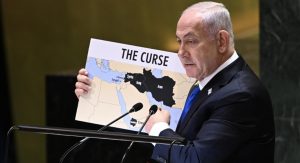
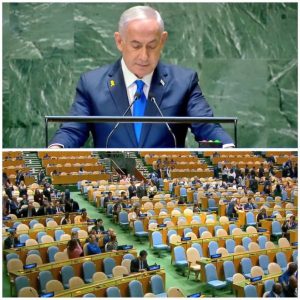











 Mina Indonesia
Mina Indonesia Mina Arabic
Mina Arabic